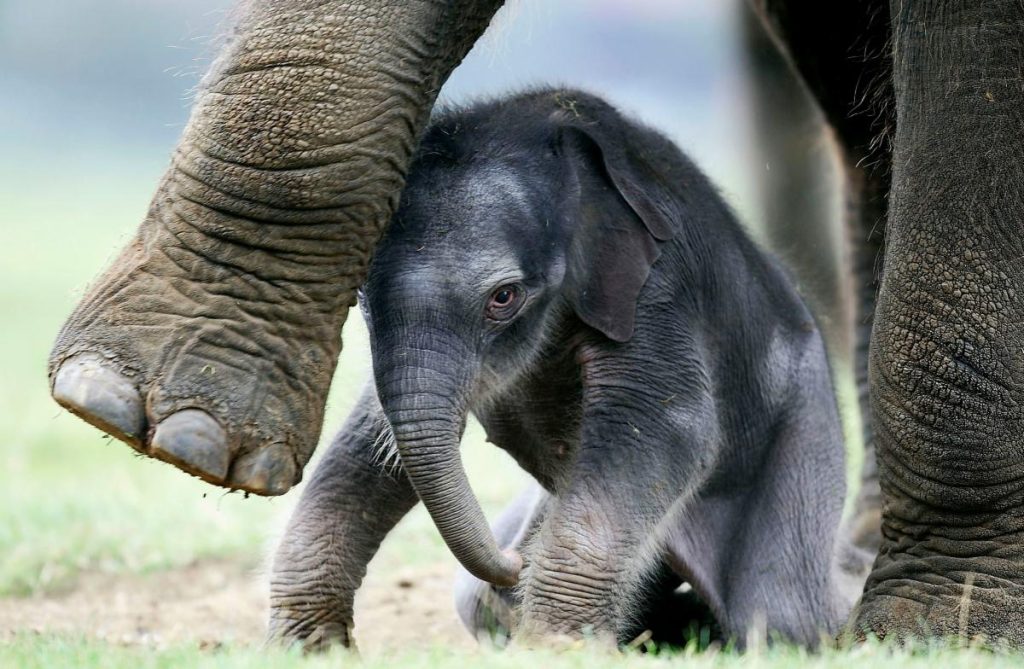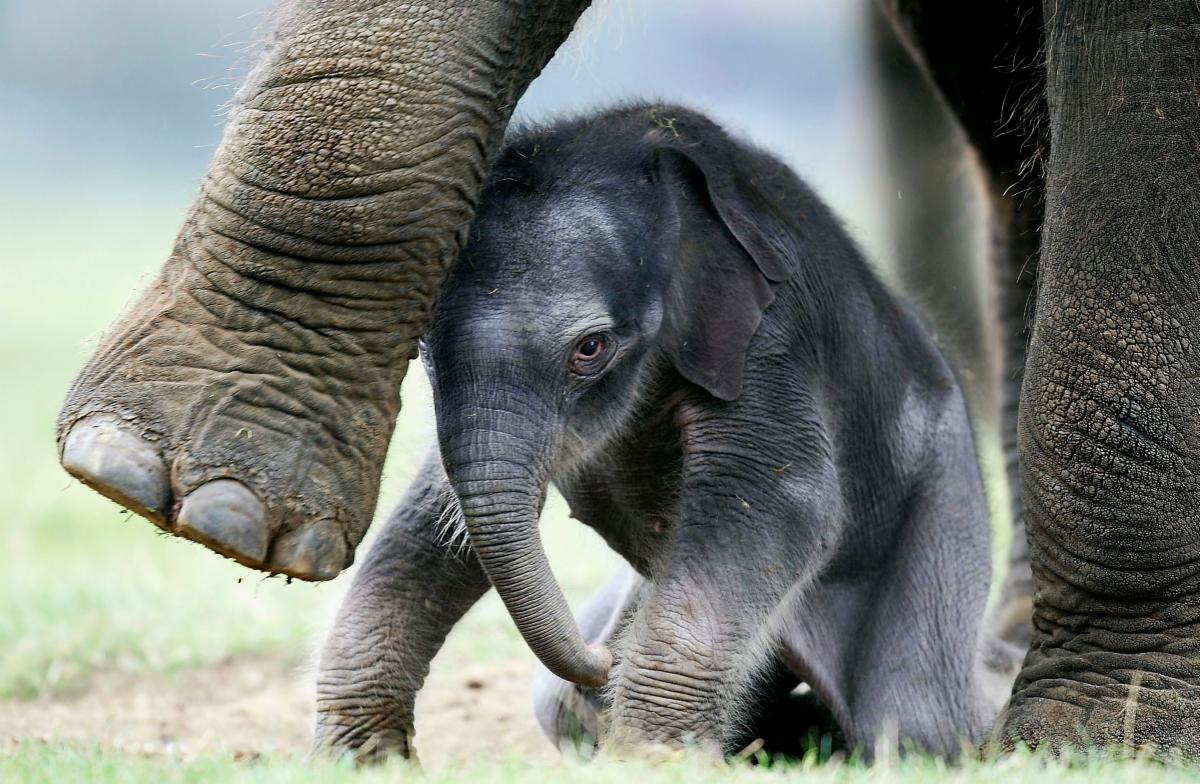It was over two decades ago but I still remember how confounded I was.
At first, I was pleased that this was a problem I could easily and simply solve.
(How rare is that?)
But that satisfaction slowly evaporated, morphing into frustration that my no-strings-attached offer was somehow left dangling.
It’s a strange thing indeed when you volunteer the cash someone desperately needs, and they tell you they’re a 30-minute walk away and headed directly to you…but they never actually show up.

I’ve shared before that years ago I mentored a kid via Covenant House, a large nonprofit organization.
Their mission is to provide safe housing and holistic care to youth ages 16–21 experiencing homelessness.
My mentee––let’s call him Malcolm––was an amazing kid who was incredibly bright and witty, and who under other circumstances, would have been majoring in philosophy at Princeton.
Abandoned by his family, however, his life had taken a very different direction.
Like most annoying clichés, there’s a huge element of truth to one that applied to our relationship: I probably learned as much from him as he did from my mentoring.
In any case, this was all “back in the day,” a long-ago time before everyone was assigned a cellphone at birth.
In fact, Malcolm had a beeper service.
Still living at the shelter, it was really the only way to reach him.
He was just starting to send out the résumé we’d worked on for jobs, and through some very predictable financial mismanagement, he didn’t have the cash required to pay his beeper bill.
When he called me that day from a payphone in the West Village––another vestige of our ancient technological past––I told him I would happily give/lend him the small amount of money he needed to be reachable and gain employment.
Grateful, he told me he was headed right over to my loft, but that 30 minutes soon turned into an hour…and then another…and then another.
This was both mysterious and frustrating, all doubly so since the fundamental problem was that there was absolutely no way to contact Malcom to figure out what was happening.
He was, quite simply, unreachable.

I haven’t practiced it for a while, but I’ve had great success with myself and also with leading others through rounds of EFT tapping.
It’s often a rapid-fire way to dramatically shift one’s thinking and energy around a problem.
Basically a form of psychological acupressure, EFT involves tapping on specific meridian points on the body while focusing on an issue or emotion you want to address.
After you create a setup statement acknowledging the problem, you go through a tapping sequence as you explore the issue.
I’ve attended several workshops and had some private coaching sessions to master the technique.
One of the most striking and memorable lines the instructors often used as we attempted to release tension around an issue was:
“I’ve had this problem for so long,
I wouldn’t recognize myself
without it.”
This training drove home that acknowledging the “Hello darkness, my old friend” status of an issue is often a profound and necessary step to release it.

I had three different conversations with friends this week about moments in our lives where we, like Malcolm, seem unwilling to take that 30 minute stroll to accept the very thing we need.
These discussions were basically some form of “Why am I NOT doing the thing I know I should do?”
There are, of course, a myriad of reasons for that, varying from situation to situation.
Yet many if not most of them distill into some form of self-imposed limitation, or what Gay Hendricks defines in The Big Leap as “The Upper Limiting Problem.”
Hendricks believes that every single person experiences this phenomenon.
Indeed, he writes:
“Each of us has an inner thermostat setting that determines how much love, success, and creativity we allow ourselves to enjoy. When we exceed our inner thermostat setting, we will often do something to sabotage ourselves, causing us to drop back into the old, familiar zone where we feel secure.”
Sometimes this self-sabotage is subtle like not applying for opportunities we deserve; other times it’s as overt as a careless “accident” after something good happens, or a politician’s reckless affair.
Or, as in Malcolm’s case, descending into unreachability by not showing up to get one’s beeper reconnected.

Beyond the beeper, there are many related examples of this phenomenon in the animal kingdom.
Dogs who were zapped by invisible fences honor those boundaries even when the fences are turned off.
Certain fish in aquariums, if dividers are placed and then removed, tend not to explore outside the pre-established territory.
The same is true for birds in cages who often hesitate to fly away if the door is later left open.
Viewing the confined space as “safe,” they stay grounded.
In an example I find particularly striking, apparently when young elephants are tied to small stakes they can’t easily pull out of the ground, they are taught to believe the stake is unmovable.
Even though they are soon easily strong enough to do so, they do not make the attempt.
Sadly, they’ve been conditioned out of reaching for their freedom.

Of course, all this talk of self-imposed limits reminds me of Maya Angelou’s classic poem:
Caged Bird
A free bird leaps
on the back of the wind
and floats downstream
till the current ends
and dips his wing
in the orange sun rays
and dares to claim the sky.
But a bird that stalks
down his narrow cage
can seldom see through
his bars of rage
his wings are clipped and
his feet are tied
so he opens his throat to sing.
The caged bird sings
with a fearful trill
of things unknown
but longed for still
and his tune is heard
on the distant hill
for the caged bird
sings of freedom.
The free bird thinks of another breeze
and the trade winds soft through the sighing trees
and the fat worms waiting on a dawn bright lawn
and he names the sky his own.
But a caged bird stands on the grave of dreams
his shadow shouts on a nightmare scream
his wings are clipped and his feet are tied
so he opens his throat to sing.
The caged bird sings
with a fearful trill
of things unknown
but longed for still
and his tune is heard
on the distant hill
for the caged bird
sings of freedom.
For me what’s most particularly resonant is that the caged bird sings of “things unknown but longed for still,” namely its freedom.
It’s even more heartbreaking that when that if that cage is finally opened, to know it still might never take flight.

There are, of course, many reasons why Malcolm might not have arrived that day.
Obviously, he might have been embarrassed by the situation and wanted to avoid what (for him) could have felt like an awkward moment, afraid that he might be disappointing his mentor by his predicament.
And, to be honest, he was very young, totally fancy-free, and highly distractible, so it’s quite possible another adventure (or crush) grabbed him on the way to me.
I honestly can’t remember the explanation I eventually received.
I do remember though that finally he did show up––probably after another similar phone call a few days later––and that his beeper service was ultimately restored.
(I’m also not sure why I didn’t just call the service and pay the bill myself but there was somehow a very complicated reason for that…there always is in such scenarios.)
In any case, I have a friend who’s deeply invested in puns but I haven’t yet shared this one with him yet:
Writing this, I kept using the phrase “dragging his heels” when describing Malcolm’s non-arrival.
Yet for all of us, it’s more apt perhaps to say he was “dragging his heals”––delaying that rocky but unavoidable journey towards wholeness.
Indeed, I wonder how many invisible fences, ones long turned off, that I’m still honoring and how many stakes I leave in place that I could easily uproot.
Given our universal Upper Limiting Problem, Transformation is tricky business.
What’s essential, though, is that we eventually take those risks.
We may be terrified by our conditioning, yet nonetheless must somehow make the leap for those “things unknown but longed for still.”
That’s the only way we’ll finally be free (and reachable)…and dare to claim the sky.
Namaste for Now,

